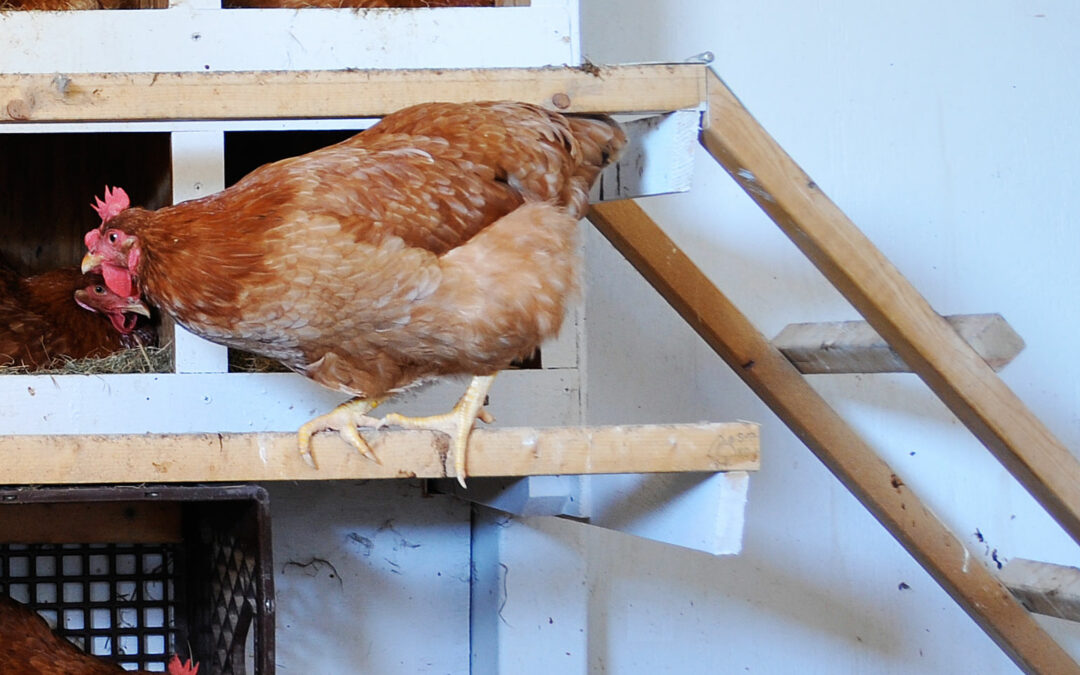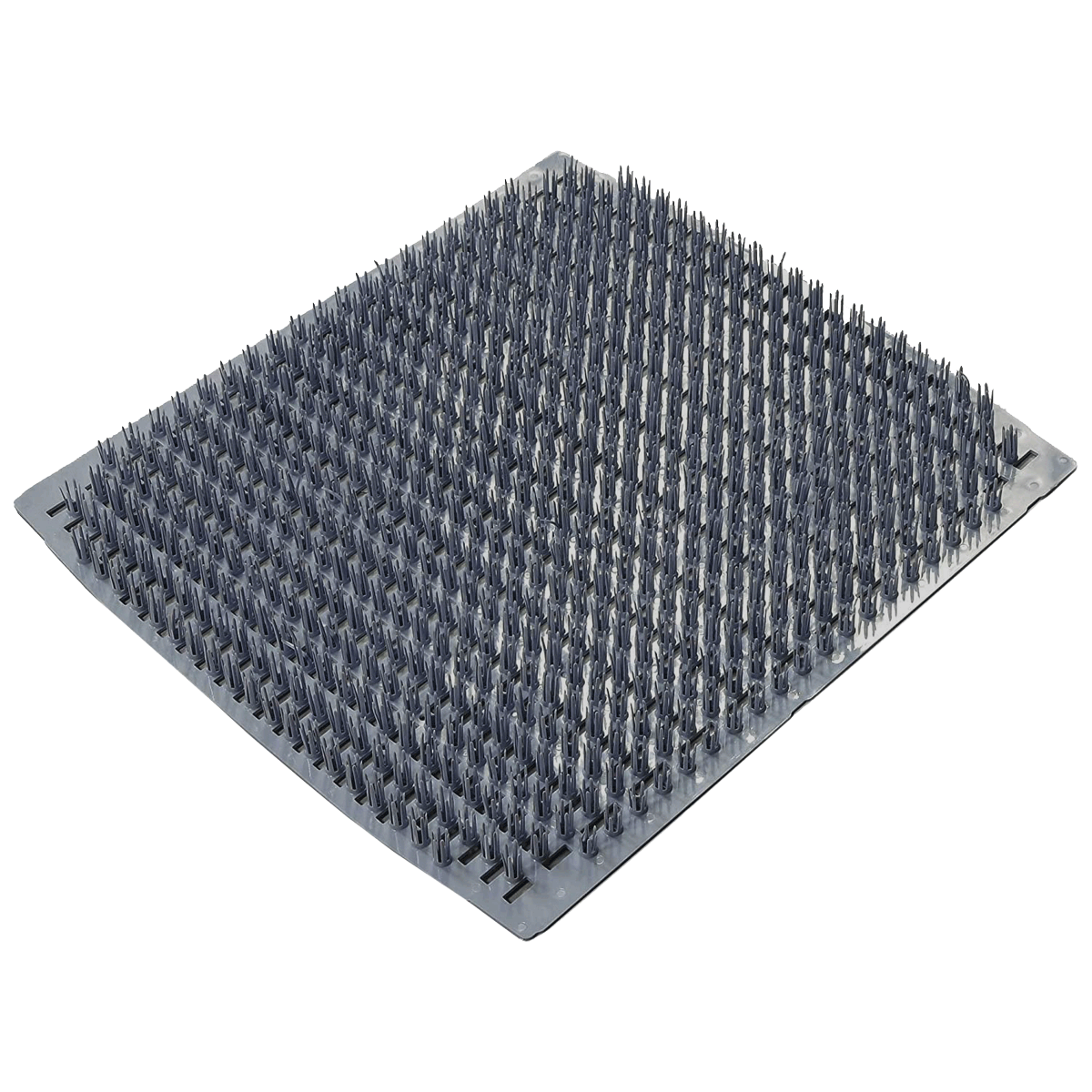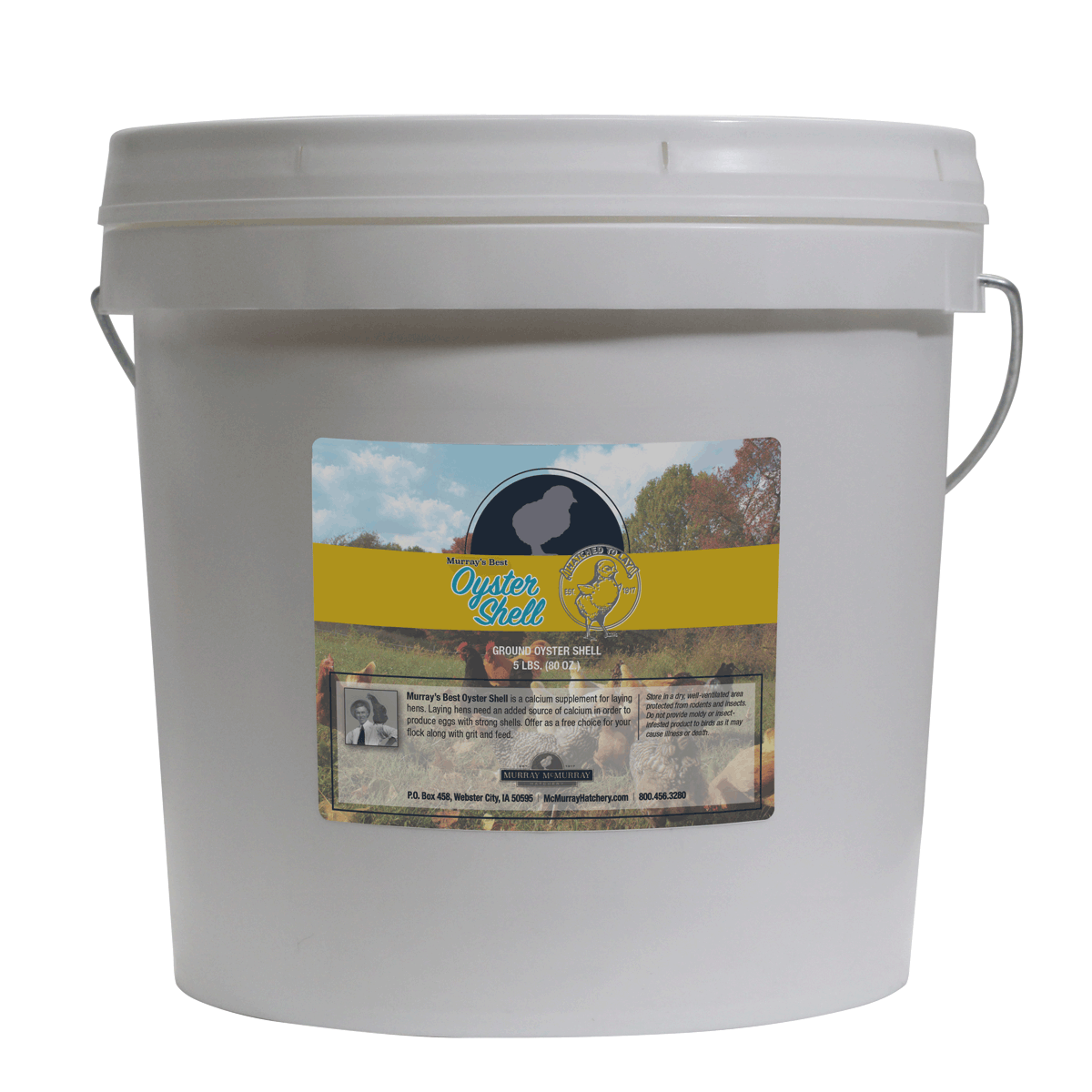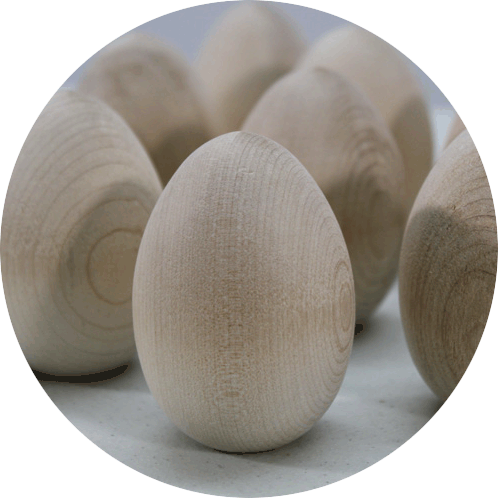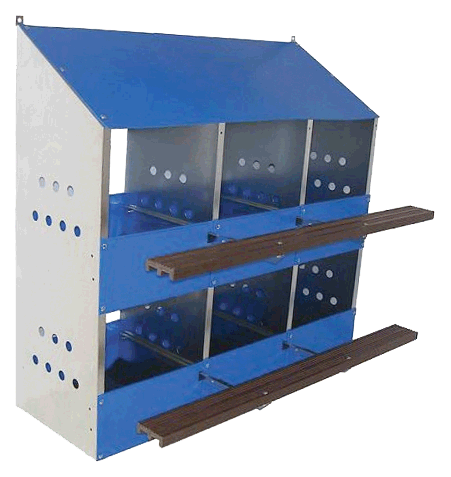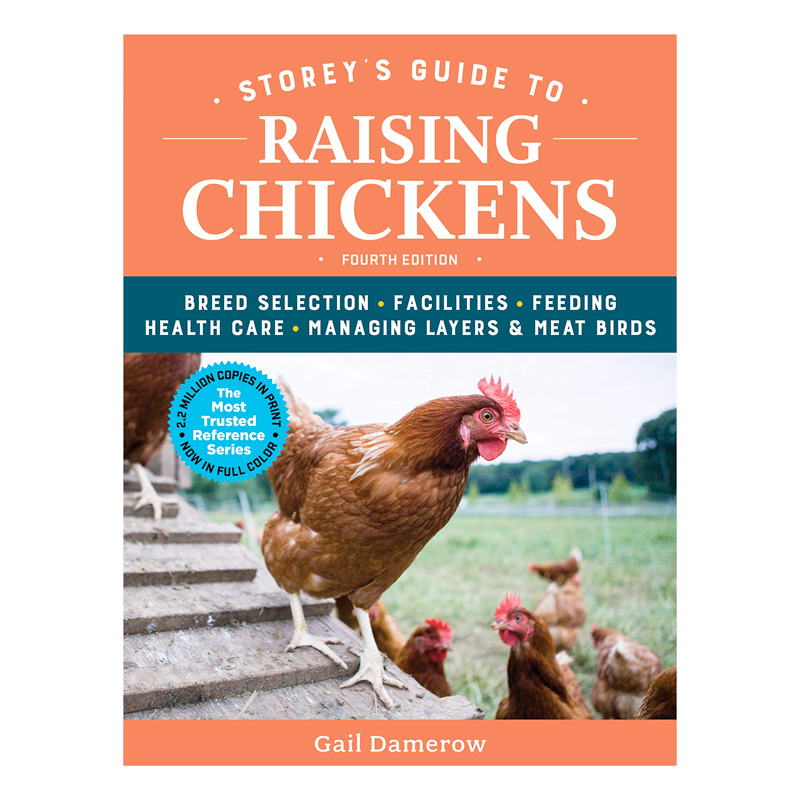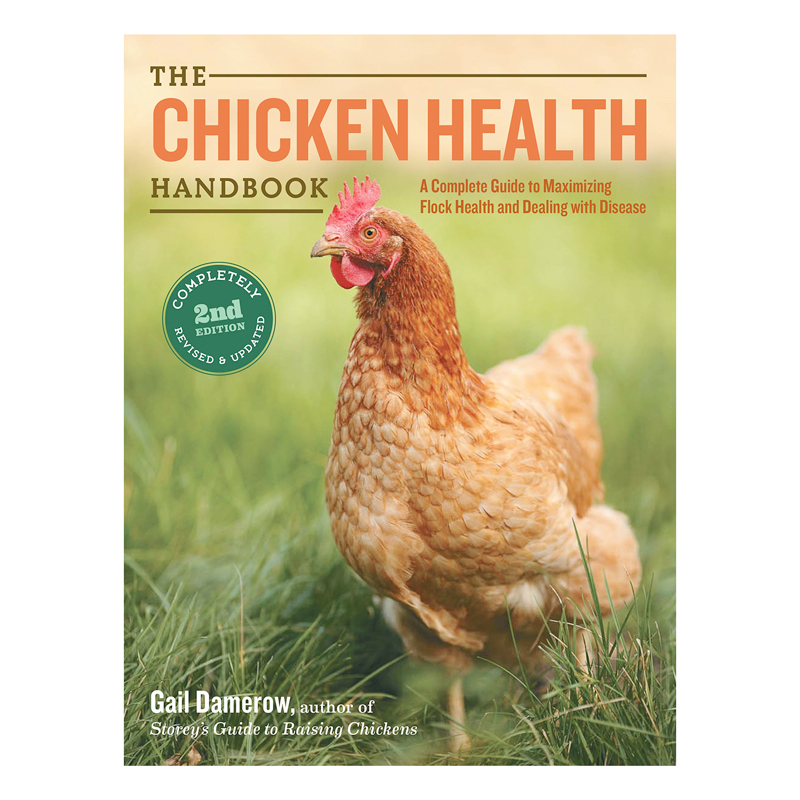Why do hens eat their own eggs?
“The simple reason is because eggs taste good. The trick is to keep chickens from finding out how good eggs taste,” she explains.
How do chickens learn what an egg tastes like?
“In most cases, an egg accidentally breaks in the nest. A chicken sees the contents spilling out of the shell. She takes a taste. And — boom — you have an inveterate egg eater on your hands. Now that she knows how good an egg tastes, she quite likely will break eggs on purpose to eat them. Other chickens watch and learn.”
Why would an egg break in the nest?
“Eggs break in the nest for many different reasons. The most common reason is that the shells are too thin, which frequently occurs in pullet eggs and those laid by aging hens,” Ms. Damerow states.
“Shells generally get thinner in warm weather, too, when hens pant. Panting upsets a bird’s pH balance, causing a reduction in the calcium mobilization required to keep shells thick and strong. Adding 1/4 cup of sodium bicarbonate (baking soda) per gallon of drinking water during hot weather helps restore a hen’s blood pH to its proper level.
“A calcium deficiency can also cause thin or soft shells. Hens should always have a calcium supplement, such as oyster shell or ground aragonite, available free choice,” she cautions.
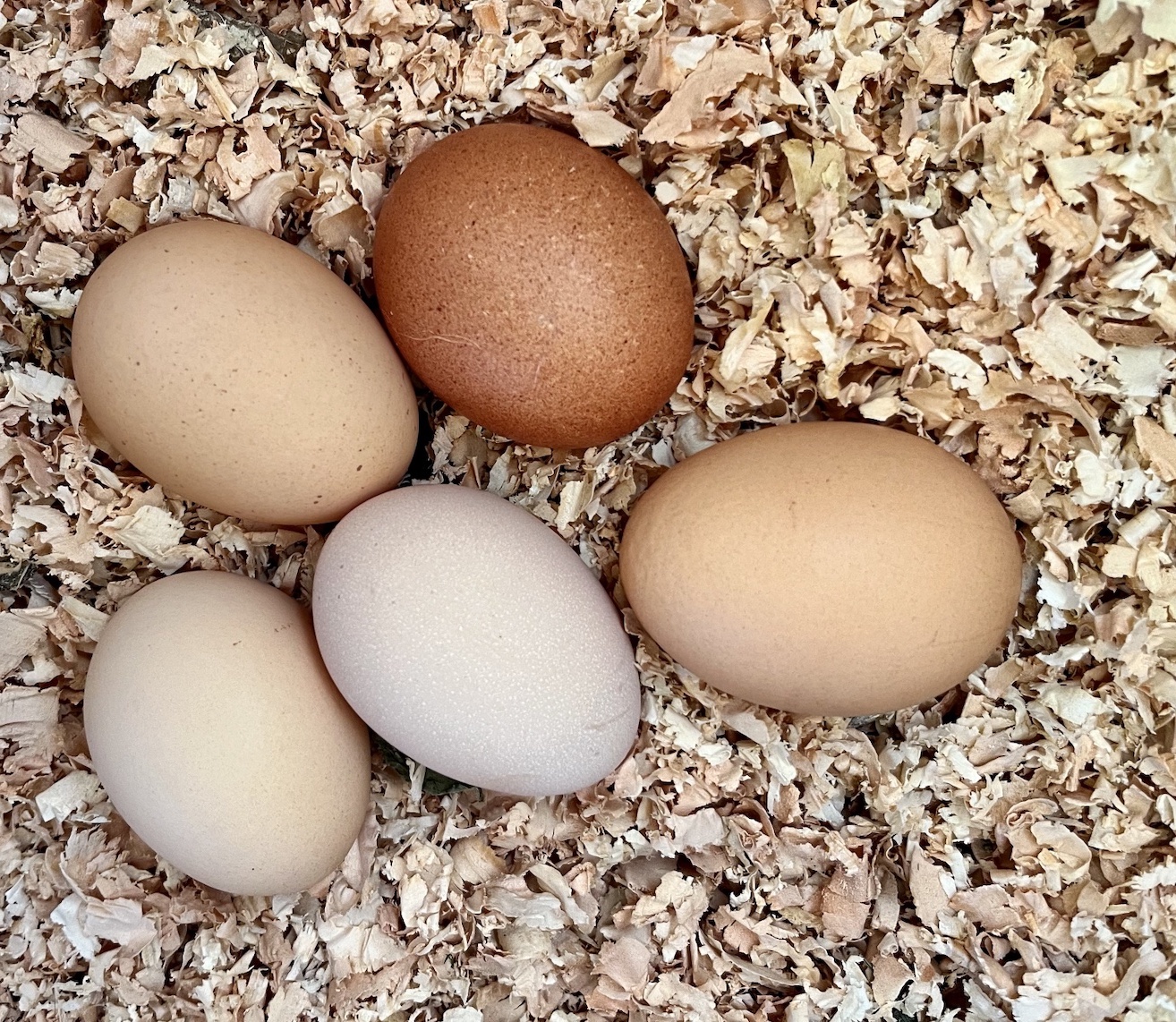
“Eggshells are mostly calcium carbonate, the same as oyster shell. So feeding hens their own eggshells for calcium is not a bad idea. However, the shells must be thoroughly dry and then crushed, so the hens won’t recognize them as eggs,” Ms. Damerow warns.
“Also, the hens’ own shells won’t provide as much calcium as they need to keep their eggshells strong. You still need to offer a calcium supplement.”
What other reasons might eggs break?
“The next thing I would look at is nest management. For example, nest padding may be inadequate. Or the coop may have too few nests for the number of hens in the flock, causing hens to break eggs while jostling to crowd into a nest.”
What is the right number of nests?
“A coop should have at least one nesting box for every four to five hens in the flock. If the flock has only four or five chickens, I would furnish two nests to give the hens a choice,” she says.
“I prefer nests that are just large enough to accommodate one hen at a time. A reasonable nest size for Leghorn-size layers is 12 by 14 inches and 12 inches deep. More appropriate for heavier breeds would be 14 by 14 inches and 12 inches deep. For bantams, a good size is 10 inches by 12 inches by 10 inches deep.”
Do you have any tips for nest placement?
“Yes. Nests should be in a darkened area of the coop. Brightly lit nests invite hens to engage in other activities in the nests besides laying eggs. Scratching and pecking in a nest, for instance, can cause egg breakage.
“In a brightly lit coop — for example a small coop with windows bringing in lots of light — discourage non-laying activities by hanging curtains across the nest fronts to darken them.
“Another way to discourage scratching and pecking in the nests is to raise them off the floor. A hen can hop into a nest that’s 18 to 20 inches high. Anything higher needs a series of perches, or a sort of ladder, so hens can hop from one rung to another to access nests.”
Any other tips to discourage egg eating?
“One is to collect eggs as soon as your hens finish laying in the morning. Eggs are more likely to get broken when they linger in the nests,” she advises.
“Another is to make sure the hens don’t run out of water. An egg is 65% water. A water-deprived hen may break eggs to obtain moisture. Aside from providing plenty of fresh, clean water at all times, leaving wooden or ceramic eggs in the nests can be helpful. Chickens are quick to realize the futility of pecking at hard objects.
“Some common sense management measures also discourage egg eating. For instance, when you provide enough space to prevent overcrowding, timid chickens are less likely to attempt to hide in nests.
“Additionally, chickens that have ample area to scratch and peck outdoors are less likely to seek boredom-busting activities that accidentally, or deliberately, result in egg breakage. Providing swings and other toys also reduces boredom.
“Finally, keeping stress to a minimum decreases incidence of eggs with soft or missing shells. That’s because a hen may prematurely expel an egg as a result of stress from fright or excitement. An incomplete shell easily gets broken and eaten.”
What should you do if you discover a hen is eating eggs?
“You need to take measures to stop the habit before it spreads. When one hen has just started to eat eggs, sometimes taking the measures I’ve already described can get her to stop.
“If the egg eating has been going on awhile, you would be wise to identify the offender and remove her from the flock. It’s not always possible to catch an egg eater in the act. The first thing to look for is literally a chicken with egg on its face.
“Barring that, you might place a wooden or ceramic egg on the coop floor, then watch from a distance. The first hen that rushes to peck the fake egg is your likely culprit,” Ms. Damerow says.
What if the hen turns out to be your favorite?
“Isn’t that the way it always works? So the egg-eater is your favorite hen, and you are therefore reluctant to remove her from the flock. Or, maybe the habit has already started to spread to multiple chickens.
“My final suggestion is to give the offending hen or hens a temporary beak trim. Use nail clippers to remove a scant one-fifth of the upper beak. If you do it right, the beak should grow back in about six weeks.
“Meanwhile, the trimmed hen or hens can eat as usual. But, the lack of a pointy beak for breaking shells prevents the hens from eating their own eggs. Then, all you can hope is that the egg-eating habit has been broken by the time the beak grows back.”

Gail Damerow has been keeping chickens for nearly 50 years and has written several books about them including Storey’s Guide to Raising Chickens, The Chicken Health Handbook, The Chicken Encyclopedia, Hatching and Brooding Your Own Chicks, and What’s Killing My Chickens. For more about Ms. Damerow, visit her blog at GailDamerow.com.
Feature Photo: Hens in nesting boxes courtesy of Gail Damerow.
Photos of eggs in a nesting box courtesy of Cassidy Cornell.
Gail Damerow’s headshot and The Chicken Chick‘s roll-out nest box photo courtesy of Kathy Shea Mormino.
Notes from an Expert
 Preventing Egg Eating from The Chicken Chick:
Preventing Egg Eating from The Chicken Chick:
“Ensure you are using adequate nest box materials, which will reduce the likelihood of eggs cracking on the hard floor. Plastic nest pads are a much better choice than pine shavings or straw. Employ roll-out nests, which roll eggs out of the nest when laid, removing any temptation or opportunity.”
To read more about egg eating from The Chicken Chick, click the button below. Then shop plastic nest pads, wooden and ceramic eggs, oyster shell, nesting boxes, and other coop and nest supplies at McMurrayHatchery.com.
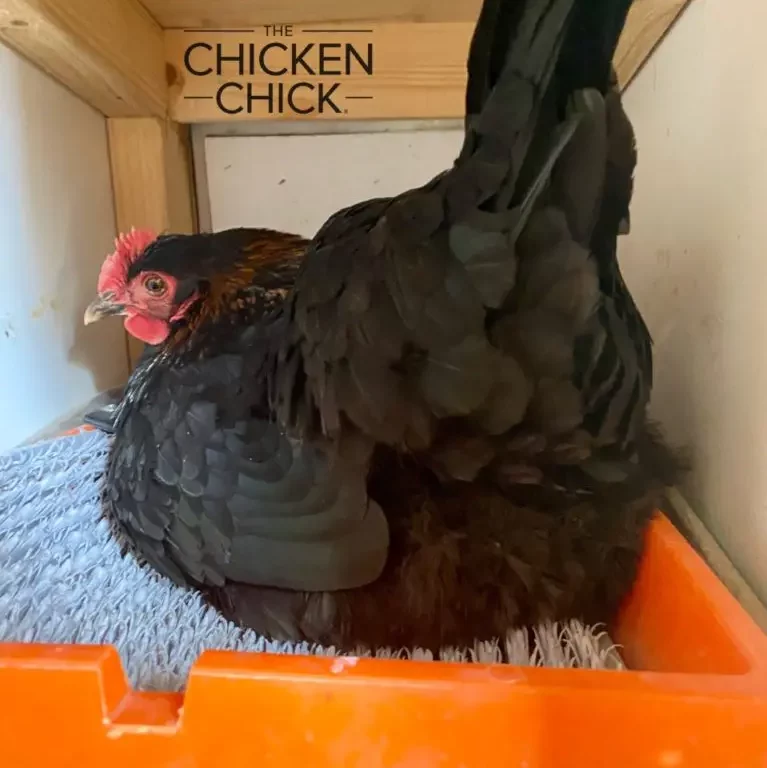
Photo courtesy of The Chicken Chick, Kathy Shea Mormino. Plastic nest box pads available at McMurrayHatchery.com.

